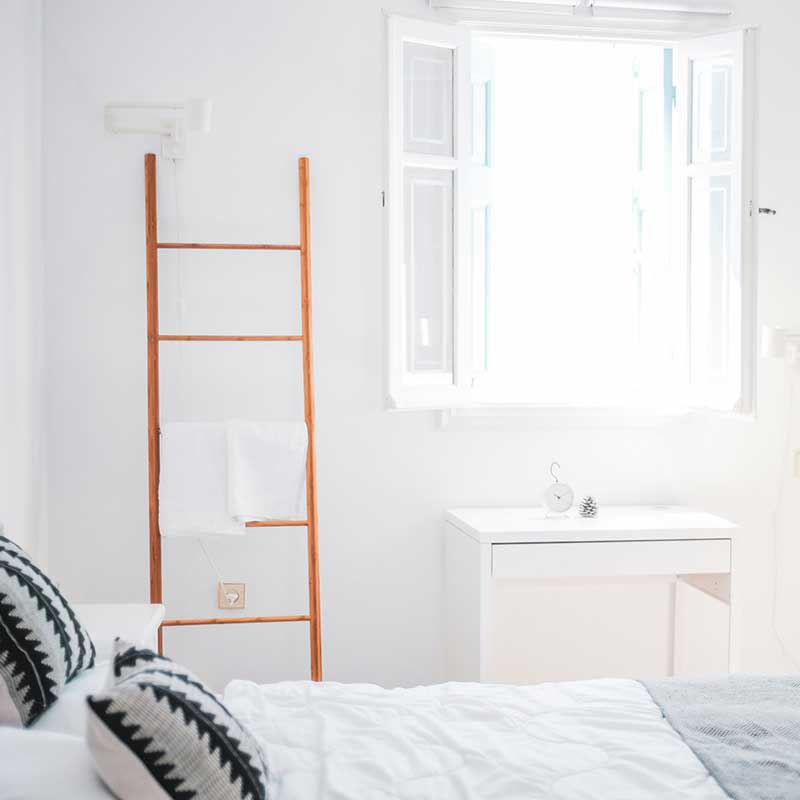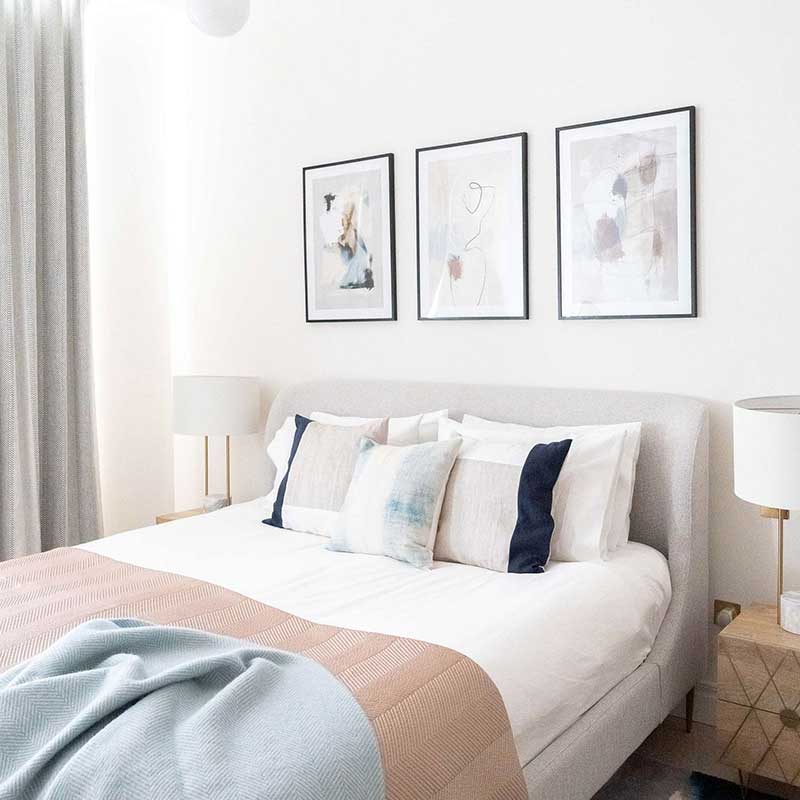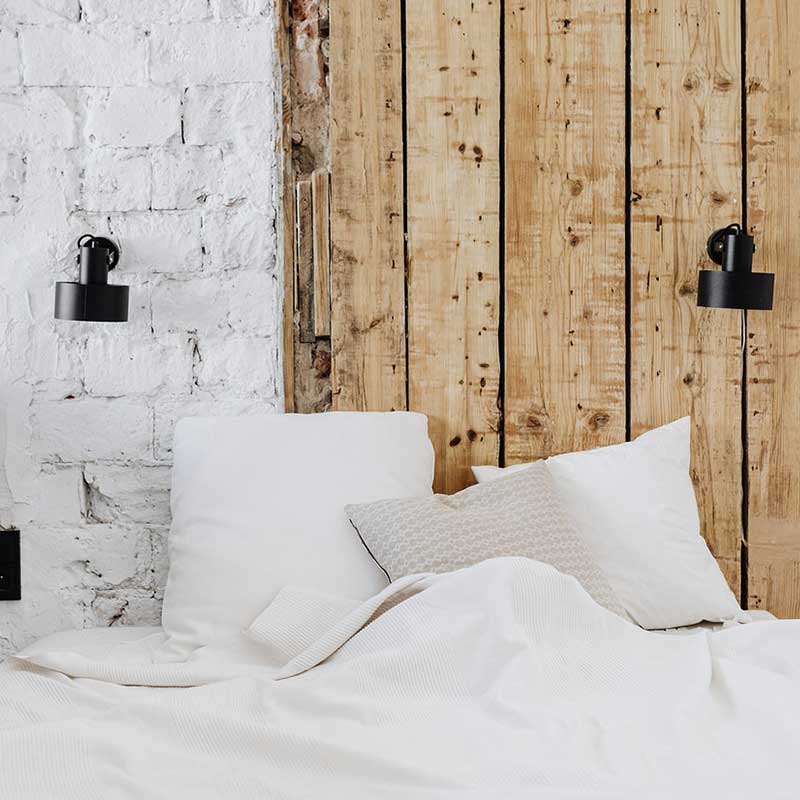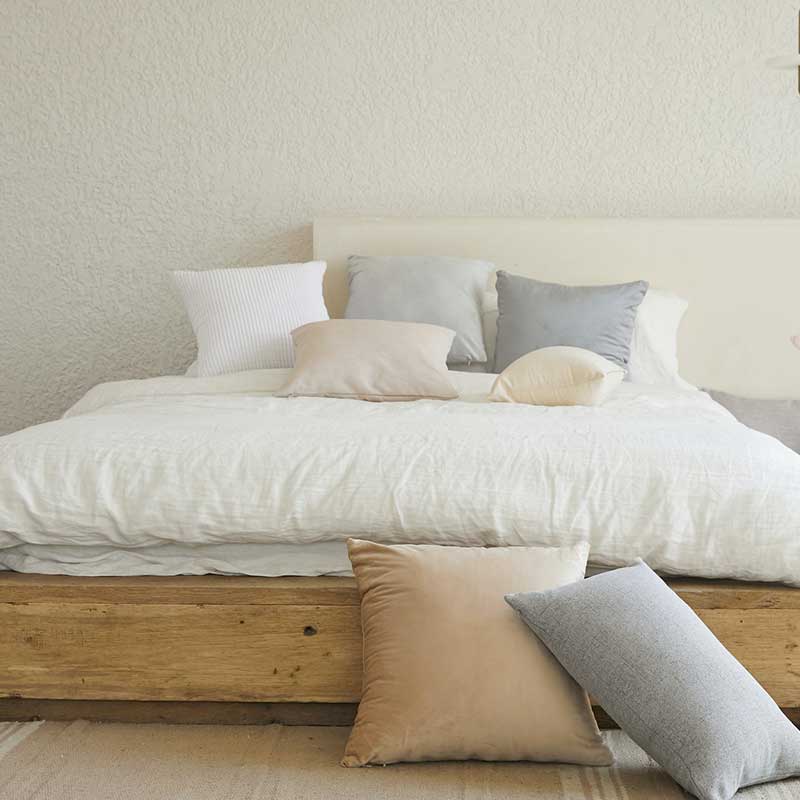Building a house in Portugal can be one of the most rewarding decisions you make, but it can also come with challenges. Whether you’re drawn to Portugal for its stunning landscapes, warm climate, or attractive cost of living, constructing a home here is a journey that requires careful planning and knowledge of the local processes.
In this article, we’ll guide you on how to build your dream house in Portugal, from legal requirements to final touches.
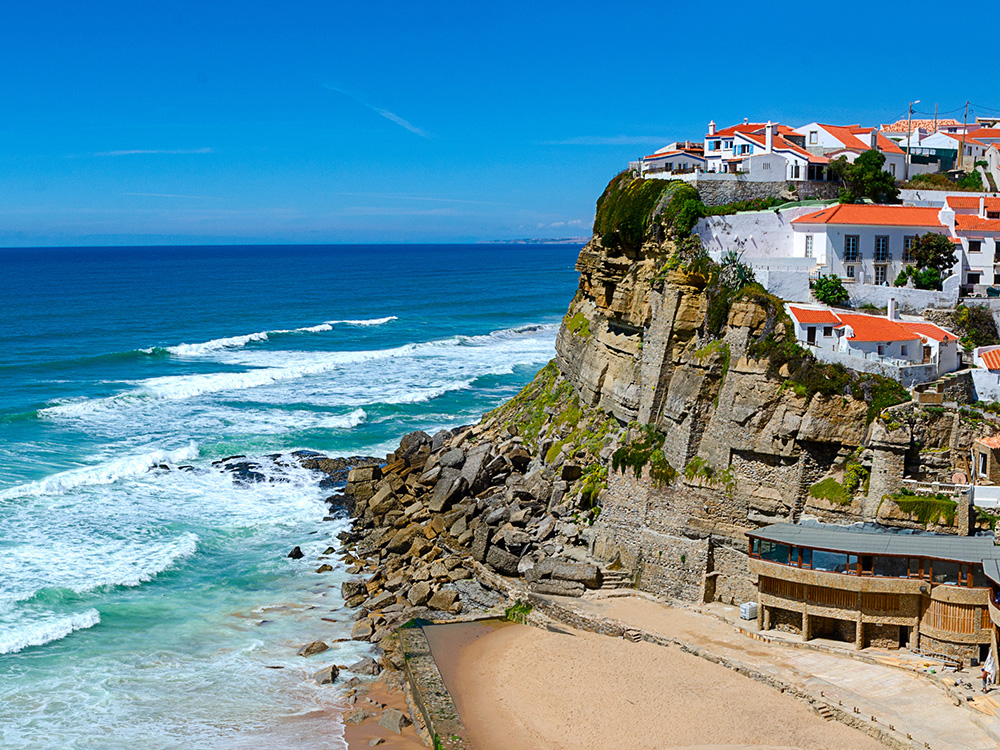
Why Build a House in Portugal?
Benefits of Living in Portugal
Portugal is not only one of Europe’s most beautiful countries, but it’s also an attractive destination for expats and retirees. The country boasts a mild climate, affordable cost of living, and a high quality of life. Whether you enjoy the vibrant city life of Lisbon or the peaceful countryside, Portugal offers something for everyone.
Portugal’s Real Estate Market
The real estate market in Portugal has been booming, with property prices rising steadily in recent years. However, compared to many Western European countries, Portugal still offers a more affordable option for those looking to build a house. In many areas, especially rural ones, land is much cheaper, making it a perfect choice for homebuilders.
Portugal’s Climate and Lifestyle
Portugal’s Mediterranean climate is ideal for those who enjoy outdoor living. With more than 300 days of sunshine a year in some areas, you can enjoy your new home all year round. The laid-back lifestyle, rich cultural history, and stunning natural beauty make Portugal a dream location.
Legal Requirements for Building a House in Portugal
Understanding Property Ownership in Portugal
If you’re considering building a home in Portugal, it’s essential to understand the legalities surrounding property ownership. Foreigners are allowed to own property in Portugal without restrictions, which is one of the reasons the country is so popular among expats.
Types of Property in Portugal
There are two primary types of property you can buy in Portugal: urban and rural. Urban properties are located within city limits and tend to be more expensive, while rural properties are usually larger plots of land outside the city, which are ideal for custom-built homes.
Legal Documentation You’ll Need
Before beginning your build, ensure you have all the necessary legal documentation, including property deeds, architectural plans, and building permits. It’s highly recommended to consult with a lawyer to ensure everything is in order.
Choosing the Right Location
Popular Areas for Building a House in Portugal
Lisbon
Lisbon, the capital of Portugal, is a vibrant city with a mix of modern and historical influences. Building in Lisbon can be costly due to the high demand, but it offers excellent amenities, international schools, and a thriving expat community.
Algarve
The Algarve is known for its stunning beaches and warm climate, making it a popular choice for retirees and vacation homeowners. Land prices in the Algarve can vary, but it’s a prime location for those seeking a more relaxed lifestyle.
Porto
Porto, Portugal’s second-largest city, is known for its historic architecture and rich culture. It’s slightly more affordable than Lisbon, with a growing expat community and increasing investment in infrastructure.
Architectural Style in Portugal
Traditional Portuguese Architecture
Portuguese architecture is characterized by its use of natural materials like stone and wood and its distinct tiled facades. Many homeowners choose to incorporate these traditional elements into their custom builds to maintain the authentic feel of their homes.
Modern Influences
In recent years, there has been a trend toward more modern, minimalist architecture in Portugal. Clean lines, open spaces, and energy-efficient designs are becoming increasingly popular, especially in urban areas.
Eco-Friendly Building Trends
Sustainability is becoming a significant trend in Portugal, with many builders opting for eco-friendly materials and energy-efficient systems like solar panels and rainwater collection systems.
Hiring Professionals
Finding Architects and Contractors
Hiring the right professionals is crucial to the success of your building project. Local architects and contractors are familiar with Portugal’s building regulations, materials, and climate, which can help prevent costly mistakes.
The Importance of Local Knowledge
When selecting professionals, it’s essential to work with people who have experience working within the local area. They can guide you on municipal regulations and ensure your project complies with local building codes.
Questions to Ask Before Hiring
- How long have you been working in Portugal?
- Can you provide references from previous clients?
- Do you have experience with sustainable or modern building techniques?
Cost of Building a House in Portugal
Average Building Costs
The average cost of building a house in Portugal can range from €1,000 to €1,500 per square meter, depending on the location, materials, and complexity of the design.
Cost Breakdown: Land, Materials, Labor
When budgeting, consider land costs, construction materials, and labor. Labor costs can vary significantly between rural and urban areas, so factor this into your overall budget.
Hidden Costs to Consider
Don’t forget to account for additional costs such as legal fees, taxes, and utilities like water and electricity hookups. These can add up quickly, so it’s essential to include them in your financial planning.
Navigating Permits and Regulations
How to Get a Building Permit
Obtaining a building permit in Portugal can be a complex process, especially for foreigners unfamiliar with the system. You’ll need to submit architectural plans to your local municipality for approval before starting construction.
Municipal Regulations
Each municipality has its own set of rules and regulations regarding building permits, so it’s crucial to familiarize yourself with these before starting your project.
Environmental Considerations
If your property is located in a protected area or near a coastline, there may be additional environmental regulations to consider, which could impact your building plans.
Financing Your Project
Mortgage Options in Portugal
Financing a construction project can be done through a local bank or an international lender. Portuguese banks offer mortgage options specifically for construction, but the approval process may require extra documentation.
Local Banks vs. International Banks
Local banks may offer better rates and terms, but international banks can provide the convenience of dealing with familiar systems and languages. It’s important to compare your options and choose the one that suits your needs best.
Tips for Securing a Loan
- Ensure your documentation is in order.
- Work with a financial advisor familiar with the Portuguese mortgage market.
- Research various lenders and compare interest rates.
Construction Process
Stages of Building a House in Portugal
The construction process typically begins with laying the foundation, followed by building the structure, and finally, finishing the interiors. Working closely with your contractors during each stage is essential to ensure everything runs smoothly.
Foundation and Structure
The foundation and structure are the most critical phases, requiring precision and expertise. The materials you choose for this stage can significantly impact the longevity and durability of your home.
Interior Design and Finishing
Once the structure is complete, the interior design process begins. This is where you can personalize your home with custom finishes, cabinetry, and décor to suit your style and preferences.
Sustainability and Green Building
Sustainable Building Materials
Choosing sustainable building materials such as recycled steel, bamboo, or reclaimed wood can reduce the environmental impact of your building. These materials are also increasingly available in Portugal.
Solar Power and Energy Efficiency
Installing solar panels and designing your home to be energy-efficient will reduce long-term costs and contribute to a greener future.
Challenges You Might Face
Common Problems and How to Overcome Them
Building a home in Portugal comes with its challenges. These may include dealing with language barriers, navigating local bureaucracy, and handling unexpected delays.
Language Barriers
While many Portuguese speak English, it’s still helpful to have a local translator or hire professionals who can guide you through any language-related issues.
Dealing with Delays and Setbacks
Construction projects can face delays due to weather, material shortages, or permit issues. It’s important to remain flexible and prepare for possible setbacks.
Tips for a Smooth Building Experience
Managing Expectations and Timelines
Be realistic about how long the project will take. On average, it can take anywhere from 12 to 18 months to complete a home, depending on its size and complexity.
Staying Within Budget
Stick to your budget by regularly reviewing expenses and communicating with your contractors about any potential cost overruns.
Working with Local Authorities
Maintain a good relationship with local authorities to ensure smooth communication regarding permits and inspections.
Living in Your New Home in Portugal
Settling in and Adjusting to Life in Portugal
Once your house is built, it’s time to settle in. Portugal is known for its welcoming and friendly communities, making it easy for newcomers to adjust.
Embracing the Portuguese Culture
Living in Portugal is more than just owning property; it’s about embracing the culture, language, and way of life. Whether it’s learning Portuguese or enjoying the local cuisine, there’s so much to explore.
Local Amenities and Services
Portugal offers a wide range of amenities and services, from healthcare to education, ensuring a high quality of life for you and your family.
Conclusion
Building a house in Portugal is a rewarding experience that combines stunning landscapes, rich culture, and a warm climate. By carefully navigating the legal, financial, and logistical aspects of construction, you can create your dream home in this beautiful country. With the right professionals and a clear plan, the process can be smooth and enjoyable.
FAQs
How long does it take to build a house in Portugal?
On average, it takes 12 to 18 months to build a house in Portugal, depending on the size and complexity of the project.
Do I need to speak Portuguese to build a house in Portugal?
While not required, speaking Portuguese or having a local translator can help navigate permits and communicate with local professionals more effectively.
Is it cheaper to buy or build a house in Portugal?
Building a house can often be more affordable than buying, especially in rural areas. However, it depends on the location and the complexity of the construction.
What is the process for obtaining a building permit in Portugal?
To get a building permit, you’ll need to submit your architectural plans to the local municipality for approval, a process that can take several months.
Can non-residents build a house in Portugal?
Yes, there are no restrictions on foreigners building a house in Portugal.
All Contacts
- Rua de Camões 639 4000-148
- +351 912 679 232
- info@mosaicohostels.com
- 08 am - 06 pm Sunday closed
Subscribe
Subscribe Our Newsletter for more deals & updates



